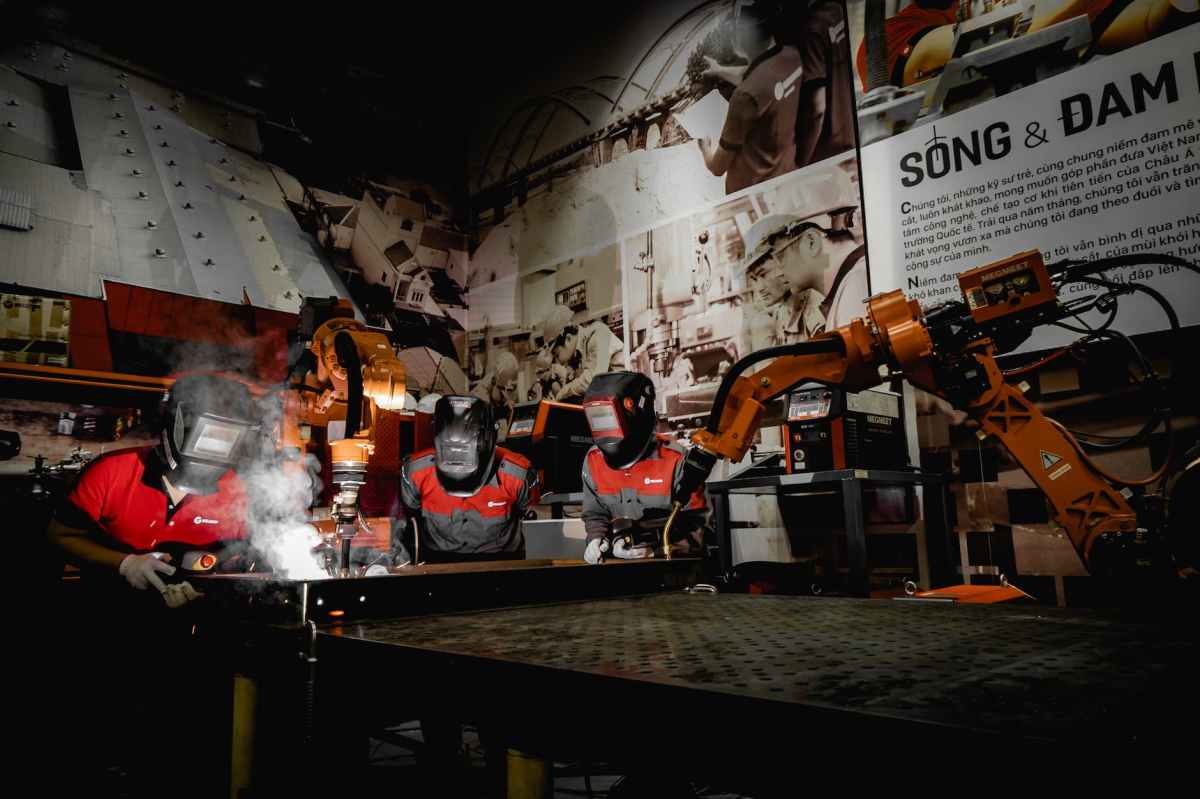What is mechatronics and what is its origin?
Mechatronics (or mechatronic engineering) is a multidisciplinary area that incorporates elements of electronics, mechanics, robotics, computer systems and manufacturing that makes it possible to think about the product in a different way from design to maintenance or recycling.
Thus, it could be said that we are facing a process of integration of technologies with the aim of improving the functionality of products.
The origin of the word can be found in 1969, when it was coined by the engineer Tetsuro Mori, from the Japanese company Yaskawa, receiving the trademark right two years later, although in 1982 the company released the use of the term.
To make the definition more specific, and in the words of J. A. Rietdijk, “mechatronics is the synergistic combination of precision mechanical engineering, electronics, automatic control and systems for product and process design”.
Mechatronics applications
Mechatronics has three main lines of action: automating machinery (to speed up and optimize production processes), creating intelligent products (adapted to the needs of consumers) and harmonizing electronic and mechanical components.
With regard to practical applications in the industrial world, the most important are welding and mechanical cutting developed by large robots in the automotive industry and collaborative robots, designed, as their name suggests, to collaborate with human tasks.
Career opportunities in industrial mechatronics
The professional opportunities of the Higher Technician in Industrial Mechatronics, as explained by the Spanish Ministry of Education, Vocational Training and Sports, are “to exercise their professional activity in companies, mostly private, dedicated to project development, management and supervision of assembly and maintenance of mechatronic systems or installations of machinery, industrial equipment and automated lines either on their own or for others”.
Due to the wide range of tasks that the industrial mechatronics technician can carry out within the different industrial processes, it is a profession with many job opportunities in very diverse industries.
Specifically, jobs in sectors such as automotive, robotics, aeronautics, machine tools or R&D&I departments with professional profiles such as technical manager of assembly or maintenance equipment, automation technician or mechatronics design or development technician are some of the specific examples of the professional possibilities offered by this engineering discipline.
For this reason, industrial mechatronics has become in recent years one of the most in-demand training courses due to the high rate of job insertion that it implies with the combination of disciplines such as mechanics, computer science and electronics.
But… are mechatronics and robotics the same thing?
As we have just seen, mechatronics is a multidisciplinary engineering while robotics is a branch of engineering.
Robotics proposes to replace human tasks by robots in different fields while mechatronics generates intelligent systems that work as allies of human beings.
Thus, robotics creates robots and mechatronics is in charge of their control and operation.
We can sum it up by saying that all robots are mechatronic, but not all systems that employ mechatronics are robots.
Therefore, no, mechatronics are not robots.
Conclusion
Mechatronics engineering is based on the versatility offered by the complementarity of engineering areas such as mechanics, electronics or computer science to improve the development of design and manufacturing processes of complex products and machinery.
In terms of work, industrial companies increasingly require profiles with a multidisciplinary and complete training that face challenges in an integral way, with mastery over mechanical engineering, computer engineering, automation engineering or electronic engineering to make innovative improvements in products, systems or processes that integrate these disciplines.
For this reason, professionals trained in mechatronics are becoming increasingly important.
